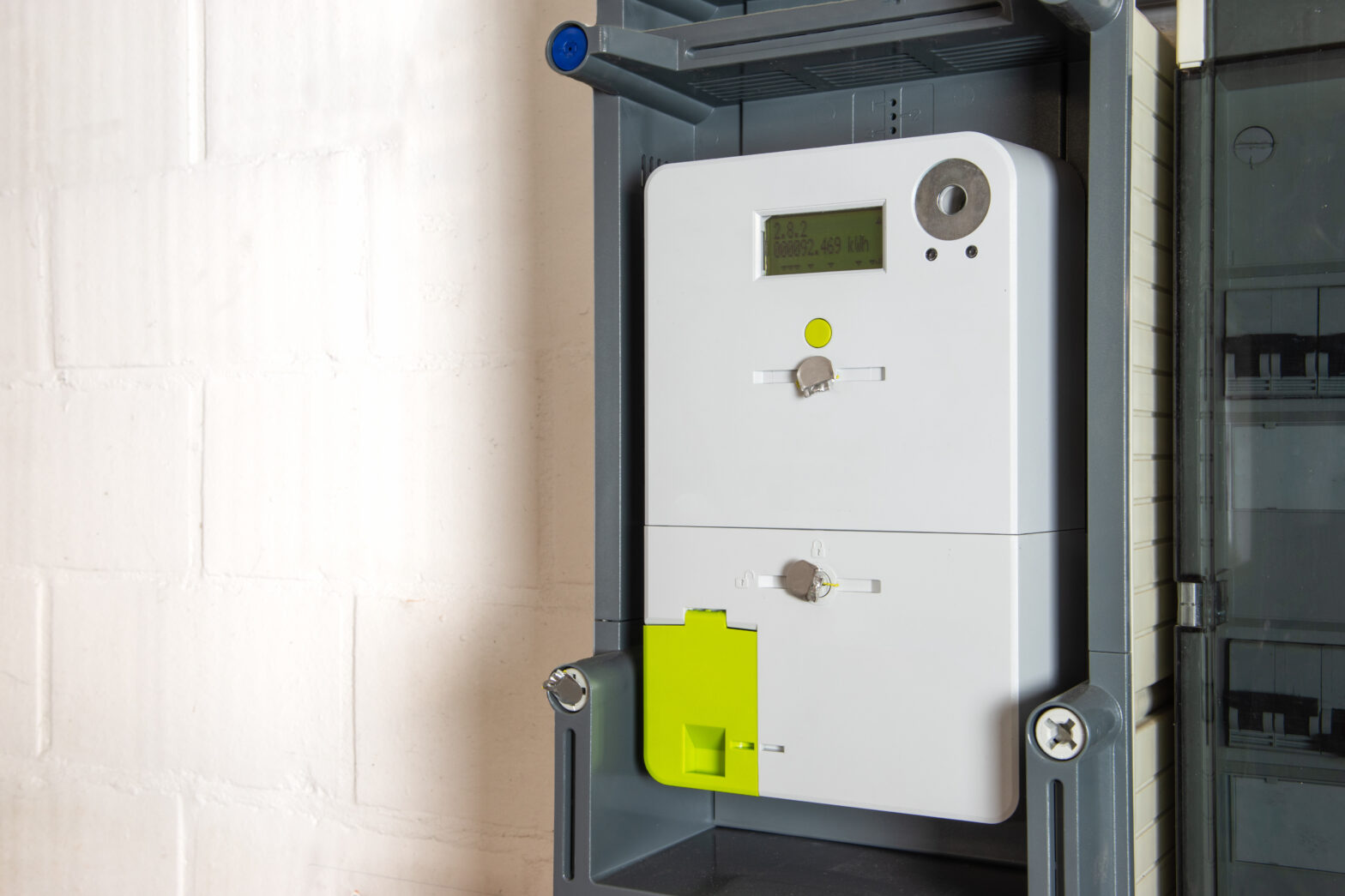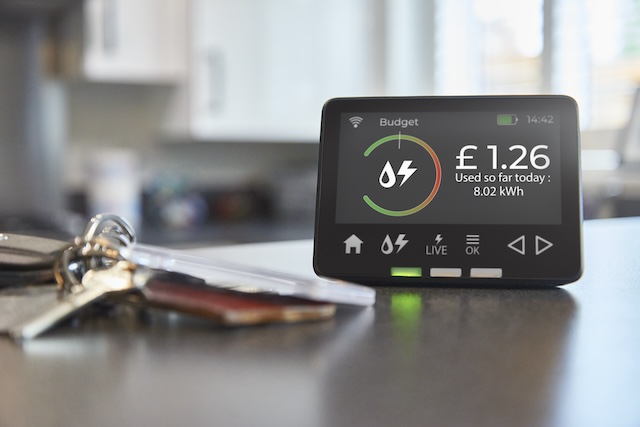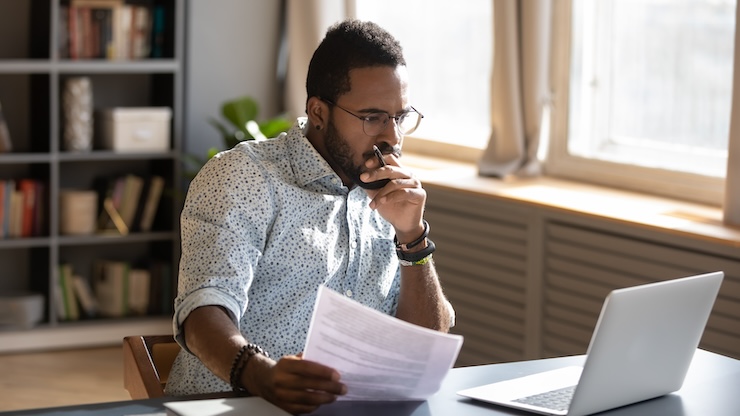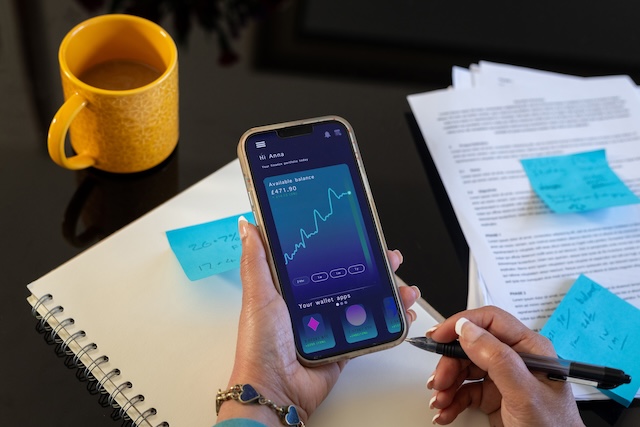The smart meter rollout is well underway, and every home and small business in the country is due to be offered one by the end of 2025.
Here we answer all your frequently asked questions about smart meters, including how much they cost, which businesses are eligible, and whether they’re secure.
Answer: A smart meter is the new generation of energy meters for the supply of gas and electricity, which are being rolled out around the whole of Great Britain.
Answer: Your smart meter measures how much gas and electricity you use and securely shares this directly with your energy supplier at least once a month.
This is where smart meters come in handy. You won’t have to take any meter readings manually — your smart meter will send automatic readings to your energy supplier via the secure smart data network. This works in a similar way as other wireless systems but does not use the internet.
Answer: Knowing exactly how much gas and electricity your business has used allows your energy supplier to send you accurate, rather than estimated, energy bills, meaning you only pay for the energy you use.
In addition, with 18% of microbusiness owners and decision makers saying that having too many tasks on their ‘To Do’ list is their biggest worry, an added benefit of having your meter readings sent to your supplier is that it cuts down on admin as well as costs.
Answer: The smart meter rollout is in full flow, with over 39 million smart meters installed in homes and small businesses across Great Britain. This means that your business either has already or will be offered a smart meter as part of this rollout.
Answer: While the government requires energy suppliers to offer a smart meter to all eligible small businesses, there’s no legal obligation for you to accept. You’re able to refuse installation and then request a smart meter at any point in the future, in many cases, at no extra cost.
Answer: Yes, both homes and businesses are included in the smart meter rollout. If your business is run from home, your business energy usage will be included and recorded as part of your domestic energy usage. If you have a separate meter in your home to monitor business energy usage, speak to your energy supplier about upgrading it to a smart meter.
Answer: If you rent your office, shop or unit and pay the energy bills, you may be eligible for a smart meter.
If your landlord pays the energy bills, ask your landlord if they can get a smart meter.
Answer: Get in touch with the energy broker that arranged your current energy supplier and they’ll be able to tell you. If the broker doesn’t immediately know, then it will contact the energy supplier on your behalf because this is one of the services that energy brokers offer.
Answer: Once you have confirmation from your energy supplier that your business premises is suitable for a smart meter, the energy supplier will arrange an appointment to fit the meter. The whole installation takes roughly two hours (one hour per meter) and your gas and/or electricity will be turned off for a short period of time.
The supplier will try and arrange a time that works for you and creates as little disruption as possible for your business, so you can take it off your to-do list.
Answer: Most energy suppliers can be fairly flexible about installation timings, so you can find a time that will limit disruption to your business, whether that’s in the evening or even on a Saturday.
Remember, your electricity and/or gas will have to be turned off while the installation takes place.
Answer: The installers are fully trained and experienced in the process of fitting smart energy meters so you can have complete confidence in their work.
Answer: If you your business hasn’t yet been offered a smart meter, there’s nothing stopping you reaching out to your energy supplier directly and asking for one.
Answer: Yes, you can switch energy suppliers if you have a smart meter for business. If you have a second-generation smart meter, your meter will continue to send readings automatically and there shouldn’t be any disruption to your meter billing. If you have a first-generation meter, you may have to send in a manual meter reading after you switch.
Answer: Your smart meter will take readings either every half hour, once a day, or once a month. Different suppliers have different standard reading frequencies, and you can choose which one you prefer. Half-hourly readings offer you the most detail about your business energy usage.
Answer: You shouldn’t have to take a reading from your smart meter, but if you do want to monitor your own energy usage, or you switch suppliers and are required to submit a first reading, it is possible.
The engineer who installs your smart meter should show you how to take a reading from your specific model or you can ask your energy supplier or consult the instruction manual.
Find out how to read your smart meter in our detailed guide.
Answer: Even if your smart meter stops automatically sending readings to your supplier, it should still be recording your energy usage. You’ll need to provide manual readings until your smart meter can be repaired or replaced. And even if you switch suppliers, your current supplier is responsible for maintaining your meter, so there’s no need to contact the supplier who installed it.
Answer: Smart meters have been designed in conjunction with both the government and GCHQ to ensure your business data is secure. Smart meters do not use the internet, and they have their own closed, dedicated communications system. Smart meters have been designed to ensure that security best practice has been incorporated at every stage.
Answer: You may be offered an in-home display (IHD) alongside your new smart meter. This portable screen is an easy way to monitor how much energy you’re using and how much it’s costing you. Whilst not all energy suppliers will provide you with an IHD, all small businesses with a smart meter or advanced meter have access to free and regular information on their energy use. This could be via an app provided by their supplier, an online platform, or other data tools.
Answer: Yes, a smart meter helps in the fight against climate change. By giving you insights into how much energy your business is using and when, you can take steps to save energy, which helps to cut down on the use of fossil fuels.
Answer: Smart Energy GB is a government-backed organisation tasked with informing businesses and consumers about the benefits of smart meters. The national campaign is tasked with helping everyone in England, Scotland and Wales understand smart meters, the national rollout and how to use their new meters to be cleaner and greener with their energy use.
Answer: Smart meters can help you identify times when your business energy use peaks. You can then investigate whether there are opportunities to cut down on usage and reduce your energy costs.
If you have a smart meter, you may have the option to choose a ‘time-of-use tariff, which allow you to access lower prices by using energy at time of day when demand is lower or there is surplus energy available. It’s important to note that ‘time of use’ tariffs vary by energy supplier. You may need to speak to your energy supplier about certain eligibility requirements before accessing these kind of tariffs.
Search your energy supplier below to request a smart meter now:
This article is part of a paid-for information campaign for Smart Energy GB. For more information about the how to install a smart meter in your workplace, visit the Smart Energy GB website at smartenergyGB.org.
Eligibility may vary.
Sources:
Censuswide, 500 microbusiness owners and decision makers in England, Scotland and Wales, January 2025.
Smart Meter Statistics in Great Britain: Quarterly Report to end March 2025
Henry Williams
Henry Williams is a freelance journalist specialising in small business topics, such as Making Tax Digital. More by Henry Williams




